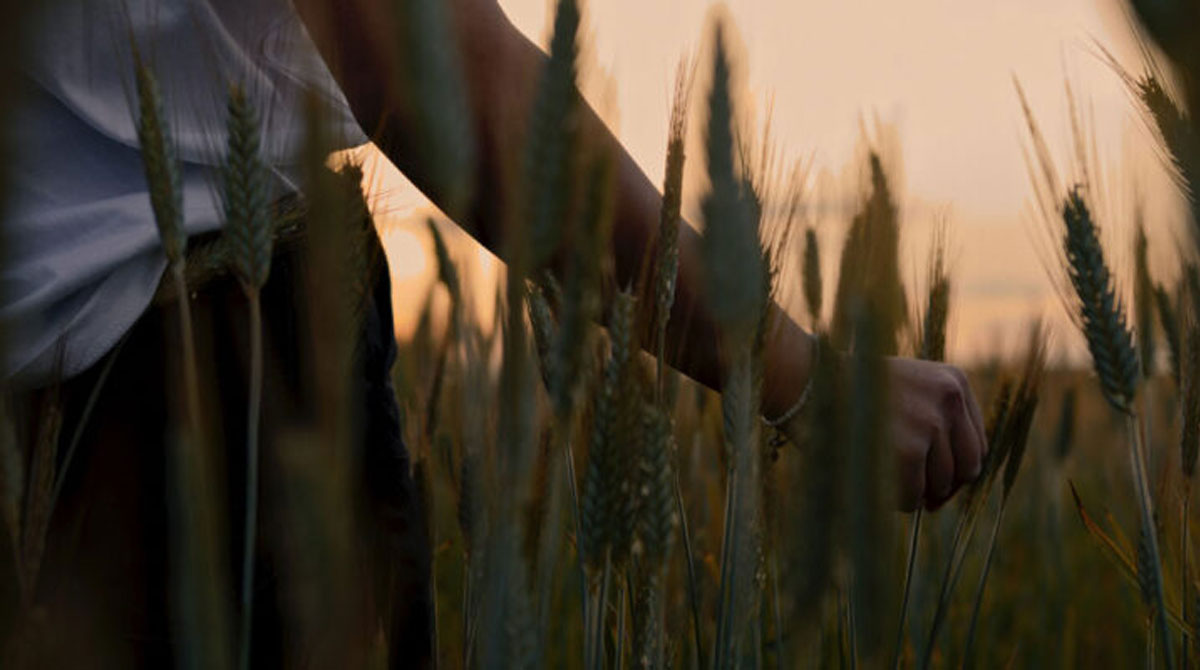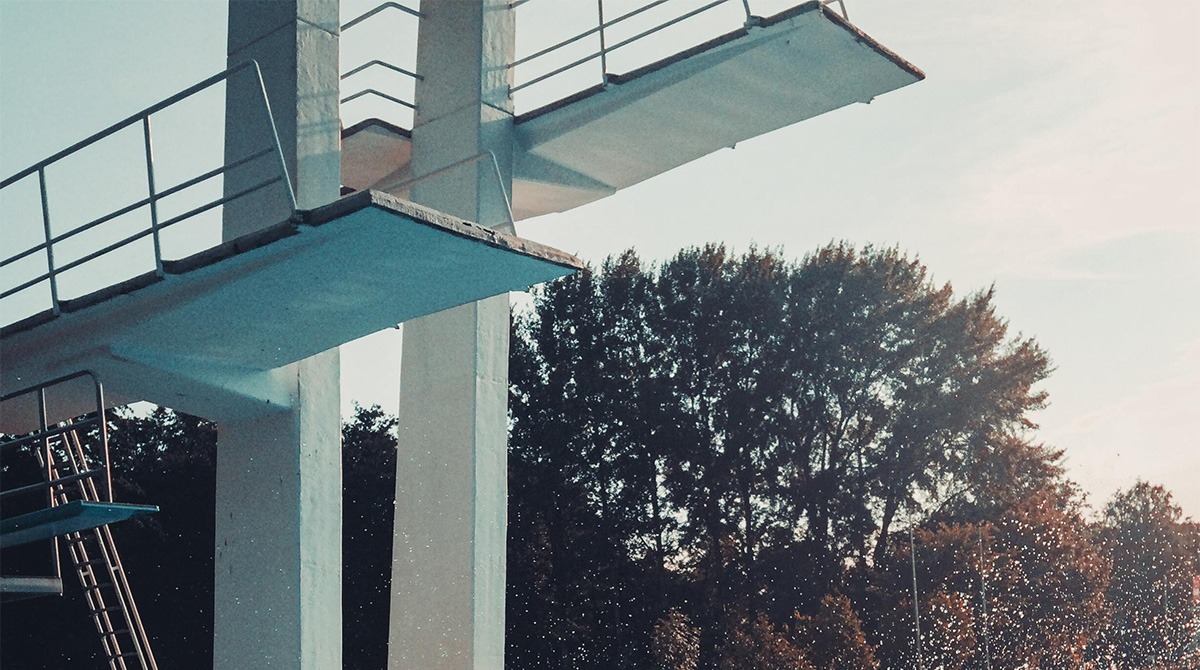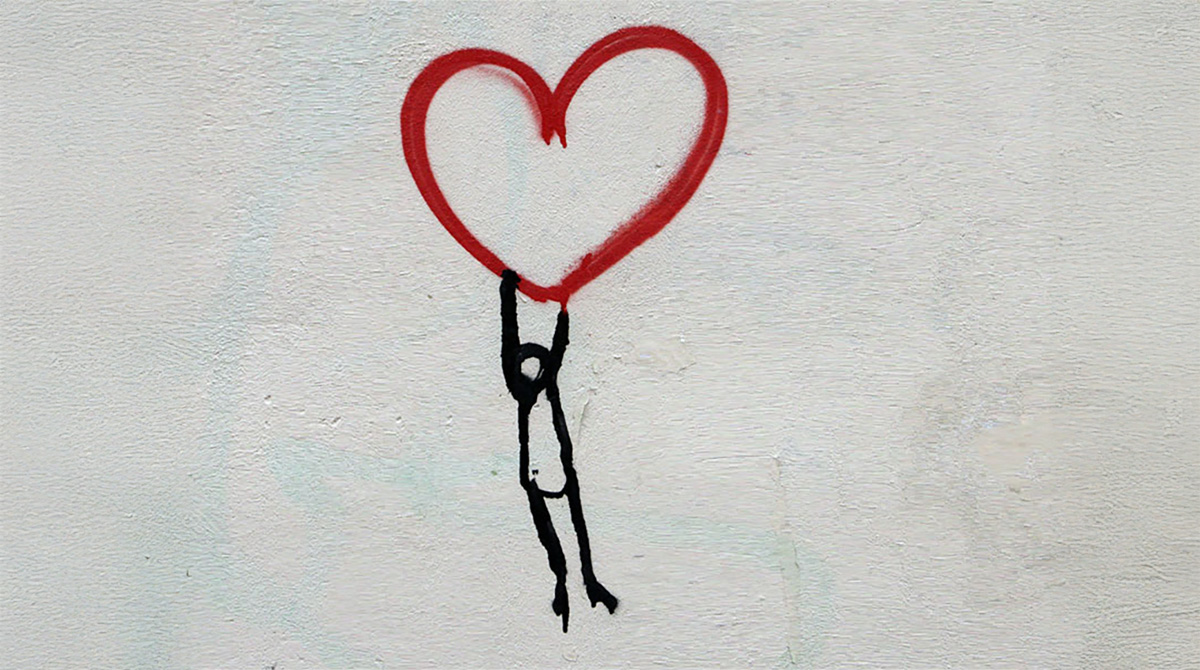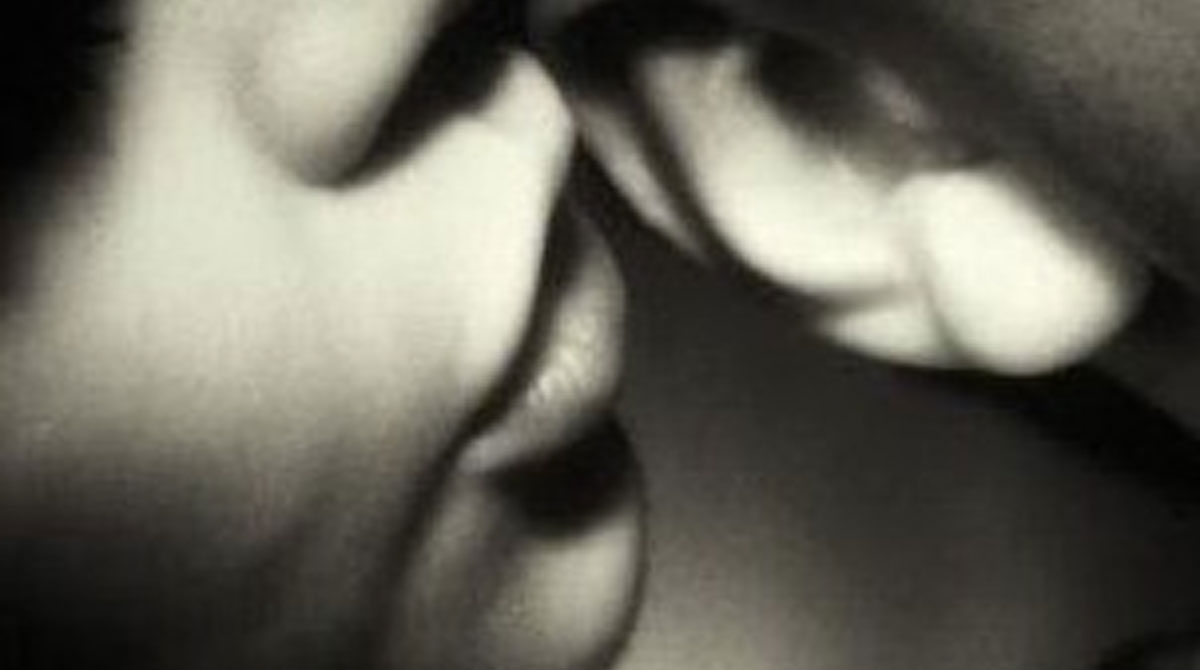All That Road Going: Kerouac & A Driving Beat
On my 16th birthday, my brother gave me a copy of Jack Kerouac’s On the Road and it changed my life forever.
Not really.
It would be nice if it did. If life worked that way, like a movie, all cut and dry. Defined beginning, movement toward clear resolution, and satisfying ending. That would be nice.
The story would go something like this, I think:
Boy receives an inspirational text from an older sibling that sets off a life-changing adventure. The adventure would consist of trials and tribulations, and romance, and comedy. In the end, there would be a tragedy and from it a moment of clarity. There would of course be an inscription in the book. It would be found at the end and it would be prophetic and poignant. It would be read in a touching voice-over by the brother (who had probably died at this point in the story) as we cut to a close-up of the main character smiling, staring into the distance. In the star-filled sky, a shooting star falls. And the boy would know, deep down in his heart, he would know, that what he was searching for was inside him all the time. Que the music (some acoustic ballad from a relatively unknown indie band) and roll credits.
It would be nice if it was like that. All cut and dry. Like a movie.
In reality, there was no inscription. It wasn’t even wrapped. My brother just handed me a dog-eared paperback copy of a book and said, “Here you’ll be into this.” I didn’t read it for over a year.
I did carry it with me though. That tattered paperback rode in my backpack mingling with school books and pencils and loose change. A talisman of sorts. A symbol of something I wanted to do. Wanted to be.
When I finally did read it was in a place I did not expect – next to a dumpster sitting on broken-down boxes.
It was summer and I took a job at BJ’s Wholesale Club. A temple of consumerism where anything could be bought and bought big. Model train sets, Barcaloungers, floppy discs sold in packs of 100, projection TVs, and peanut butter jars the size of a child’s head. It was casual decadence on metal shelves. I spent my days outside.
I was the cart retriever. It was my job to stand in the parking lot and wait. I waited for “clients” to unload massive shopping carts into massive vehicles and drive away. I waited a respectful amount of time then retrieved the cart and placed it back in its front door position to be filled again with giant foodstuffs and massive electronics.
I wore normal street clothes with a red vest and a large pin that read “Ask Me About BJs!” I was embarrassed by this at first but then began to wear it with pride and actively began engaging questions. It turns out that when confronted others are more embarrassed than you are.
I was only allowed in for lunch breaks or to go to the bathroom. The rest of the time, I was left to myself to walk around the parking lot to smoke cigarettes and to hang around the dumpsters to read. And so I read.
I read quickly at first, the way you would read an adventure novel. Then I read slower savoring the way the words fell together on the page like paint on a canvas. Then I started over when I was done, from the last word to the first word in quick succession. And when I was done I started again. By the end of the summer, I was Sal Paradise and I wanted to hear jazz and I wanted to know the mad people who lived on the edges. The ones who burned, burned like Roman candles and thought about the road.
I thought about what it would be like to be a traveler, to meet people who didn’t think like me. People who didn’t live their lives in the same three-block radius and only went on vacation to Atlantic City on the weekends and maybe Florida once a year if they were lucky. I thought about leaving. But I was afraid to leave.
Then I went to a funeral. The funeral of a man I did not know. And all the men there wore suits with black ties. All the women wore black dresses and kept their eyes downcast. And I was asked to be a pallbearer, to carry the body of a man I did not know. It was an honor, I was told, to carry the coffin, but I knew I was only asked because I was young and stronger than the older people there. And women cried when I walked past them. At the reception afterward I was thanked for what I had done. I was told that I had really “stepped up” and done something important. And someone I didn’t know handed me a beer in a plastic cup even though I was underage because it was a special occasion and I had done a good job. And a man came around with ham & cheese sandwiches on a silver tray and everyone ate because there was nothing else to do. And I wanted to leave.
I decided to leave.
So I bought a car, just a Chevy, a crap car but a utilitarian car. And I drove. I wore red flannel shirts and smoked Marlboro reds one after the other; lit off each other’s end. I drank Budweiser beer from cans and claimed that the taste of metal made it better. I listened to bebop jazz and classic rock and blues and told anyone who would listen that the time of the creative genius was dead. And I talked about philosophy, filtered through the lens of an over-horny, under-sexed child, and I called it profound. And I knew art, I knew what it was, and I knew what it wasn’t. I insisted knew true from false and could spot a phony from a year away. And I was Sal Paradise. And I was Holden Caulfield. And I was Hunter Thompson. And I was Bob Dylan. And I was so much more than I would ever actually be. And I drove away from my home with a tattered paperback in my pocket.
I could drive. And drive and drive and drive. I crossed the country a dozen times. Sometimes with friends, sometimes with just myself. The road became a destination. The road became a meditation. The road was an escape. I found myself chasing the horizon. I didn’t stay in one place too long because there were too many places to go, too many people to meet, too many things to do. Just go. I had to live as much as possible now. Now. Live like a rocket, live like a firecracker. If I stopped, I would miss something, and I could not miss anything. No sleep, no rest, keep going.
Because if you stop, you might die. And if you die, all you get is ham and cheese sandwiches on a silver platter, and a stranger will carry you to a hole in the ground. So live like a rocket, like a firecracker, and go, go, go till you pop in brilliance and color and glory.
Then one day I found myself in Nebraska. On the side of the road in a rest stop off I-80. I was tired, barely able to keep my eyes open as the sun was setting. I walked to the wheatgrass, all golden and amber, and swaying, and I stood still. I was 1000 miles in any direction from anyone I knew or loved. I was alone. My car door was open and on the passenger seat was a torn and beaten paperback. A travelogue of sorts. Its spine was broken and its words had begun to blur. And I remembered the text, Dean left Sal to die, didn’t he? Left him to die alone for the sake of movement and burning out life. Left him to die for nothing.
And there was a moment then, a revelation, a moment that I knew what to do and what to be. And I fell asleep in that wheatgrass as the sun went down on the side of the road a thousand miles from anyone and anything I knew. And I was happy.
When I woke it was gone, that moment, that notion. Moments of clarity are like dreams. Just shapes and impressions and forgotten ideas. You try to grasp them, to pull them back but they just fade to become a vague notion of something that might have been. I got back in my car and drove again. I drove for a very long time.
On a shelf in my living room is a paperback copy of On the Road. If this were a movie, it would be the same copy with an inscription to take comfort from, with its memories symbolically hidden in its yellowed pages. That would be nice if life were like a movie. All cut and dry.
But it’s not the same copy. It’s not the one that was given to me so many years ago by my brother on my birthday, the one I carried across the country, the one I read back to front so many times, the one I had with me in Nebraska when my life never changed. No, that was lost a long, long time ago.
The one I have now is a copy. But the words are still the same. The memories it invokes are still the same. Different, but still the same.
And so I reached for it and my fingers almost touched its spine to pull it from the shelf. Instead, I left it there to continue to gather dust.
And I walked away.
Originally published Apr 10, 2014












Likhon chowdhury says:
Conor says:
Andy Garcia says: